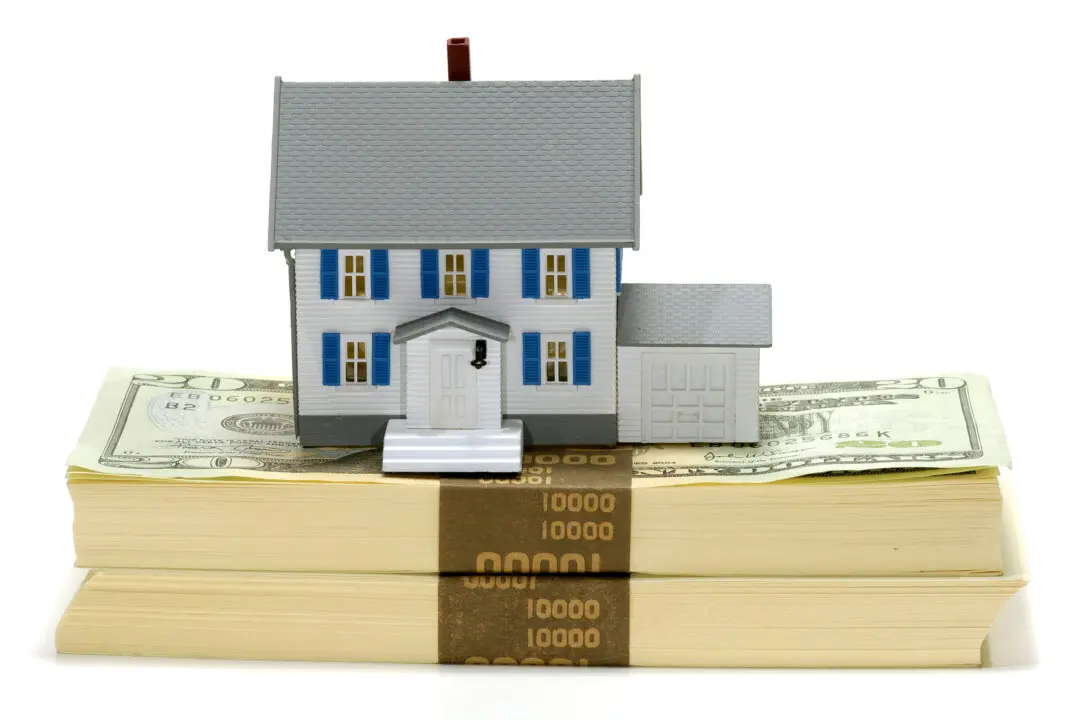By Gail Perry
From Kiplinger’s Personal Finance
The average interest rate for a 30-year, fixed-rate mortgage is now above 7 percent. If you’re planning on buying a home and looking for a loan, that’s a tough pill to swallow, given that the average rate was less than 3 percent just a few years ago.






